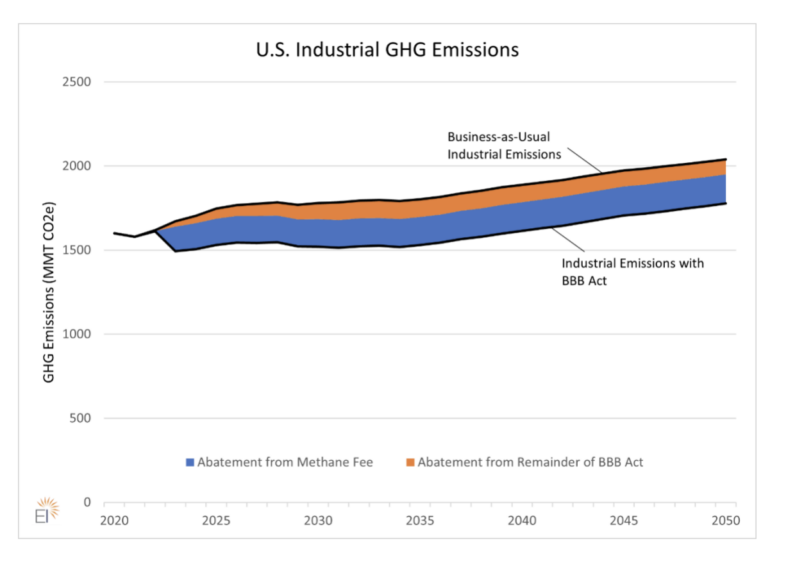
John Eastman is sure having trouble keeping his story straight.
A week ago, the ex-Trump legal adviser, whose legal memo laid out a path for Mike Pence to thwart the 2020 Electoral College certification, went to great lengths to downplay and minimize his memo.
See Also: Press Secretary Psaki tells Mary Alice Parks about Pres. Biden's trip to Capitol Hill today
But Eastman takes a whole different tack in a secretly filmed discussion with undercover left-wing activists at a gala.
In video released last night, Eastman bemoaned that Pence was too much of an establishment Republican to follow through on rejecting the Electoral College certification.
See Also: President Biden's agenda
In new video released Wednesday, Eastman took on a more conspiratorial cast, wildly claiming that the Jan. 6 insurrection was a "setup."
See Also: Press Briefing by Press Secretary Jen Psaki - Live Update
Who was behind the setup? Eastman claims it's the FBI and big media.
See Also: Obama: 'I understand' why Americans want to know when COVID-19 mandates will end
In the latest video, Eastman cited a debunked right-wing conspiracy theory that an "antifa guy" had been paid thousands of dollars by CNN to break into the Capitol for footage of the siege. In reality, the FBI Director Chris Wray has said there is no evidence that antifa (a broad term for anti-fascism that isn't identified as a solid group) was involved in the Capitol attack, nor is there evidence that CNN or any other outlet paid anyone to ransack the Capitol.
See Also: Pelosi on filibuster carveout: Voting rights is 'fundamental'
Eastman also baselessly claimed that the feds had infiltrated the Oath Keepers and Proud Boys, two right-wing extremist groups with members who've been arrested in connection to the attack, to spark the violence that day and lay a "trap."
"The Oath Keepers and the Proud Boys had not just wallflowers sitting on the side of the organization, but people instigating within the association, FBI plants," Eastman told the activists. "It was a setup. And unfortunately our guys walked into the trap."
Eastman had joined Rudy Giuliani onstage at the pro-Trump rally in D.C. that preceded the storming of the Capitol.
See Also: DeSantis reveals how Florida is trying to recruit cops from other states whose jobs are threatened by vaccine mandates
During his speech, Eastman peddled lies about the 2020 election being tainted by "fraud" before he directly called out Pence and demanded that the then-vice president have GOP-controlled state legislatures "look into" the election results (a key component of Eastman's plot detailed in his infamous memo to Trump).
See Also: Here's the Story with Kyrsten Sinema
A mob of Trump's supporters later went on to storm the Capitol, some of them shouting "Hang Mike Pence!"
The undercover activists Eastman spoke to came from The Undercurrent. They had also filmed the lawyer bragging about the memo at the same event despite him publicly insisting that he thought the legal reasoning in the document was bunk.




